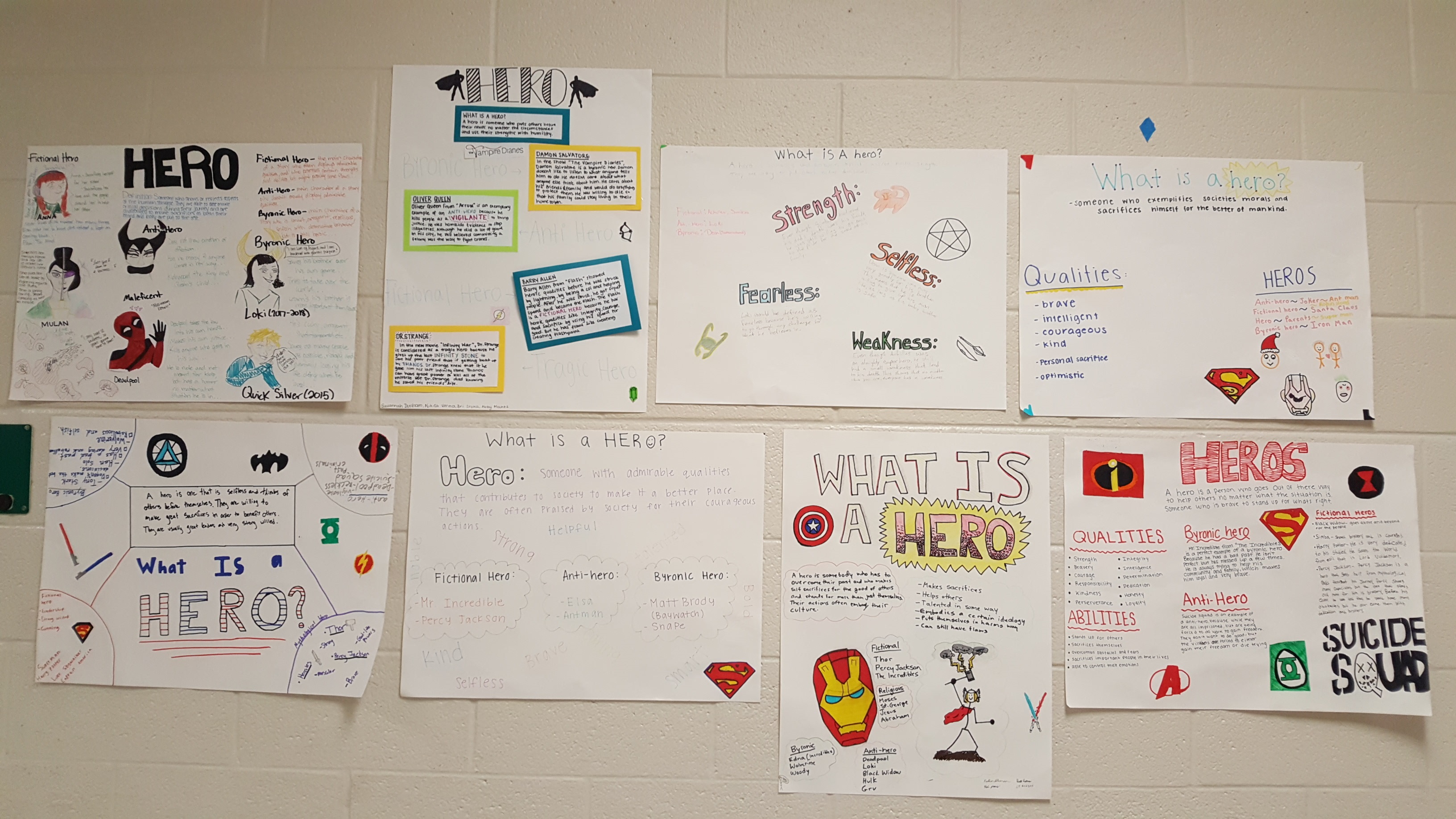
It’s a common issue: Your partner for a project is unresponsive and unwilling to do their share of the work. You’ve tried to communicate with them, tell them what to do, and how to do it. In the end, you’re stuck finishing the whole project–alone.
Frustration can fall upon the student left completing the assignment, leaving them to wonder why their classmates didn’t do their share. What are the benefits of doing group work? Why do teachers assign it, and does it actually prepare you for the workforce?
Different teachers have conflicting views about assigning group work. Ms. Amerson assigns practically no group work In her English I Honors classes. “I find that too often the work falls on the shoulders of the few, and not the shoulders of the whole group,” said Ms. Amerson.
She did utilize collaborative work in years prior, but when her own children complained about the unfair and uneven distribution of work, she finally decreased its frequency in her curriculum.
Mr. Argao also doesn’t assign group work in his Honors Chemistry classes. He refrains from doing so due to the fact that students are studying the basics and can’t divide up the complex work and expect to do well. “You’re responsible for your own work, and if you don’t get the practice in, then you’re not going to learn,” said Mr. Argao.
If you’re enrolled in American History II or Civics and Economics with Ms. Mosley, you can expect an equal amount of group work and individual work. That’s no need to worry though– she also recognizes that sometimes one student ends up doing more than their fair share. To avoid the issue of an incomplete project, or poorly completed one, the rubric of a project always has an “individual portion that is significant,” said Ms. Mosley.
Despite “all the stress it can create with students…it’s definitely worth it,” said Ms. Mosley in regards to collaborative work. Even if the final product doesn’t end up as high quality as one produced individually, she believes the learning experiences are invaluable.
Most teachers do agree on one thing: group work is effective in discussion-based matters. Communication is an important part of life, and hearing other student’s thoughts, opinions, and interpretations can further the knowledge of everyone involved.
Teachers also vocalize that an added benefit is content reinforcement. According to the Center for Innovation in in Research and Teaching, content reinforcement is a huge part of the up side to group work. Collaborative work “essentially creates an environment where students ‘teach’ and explain concepts to each other,” (Group Work in the Classroom). which requires the knowledge to be truly understood.
Other benefits include learning time management skills, teamwork skills, and “valuable life-long skills that are important in the professional workplace” (Group Work in the Classroom).
“[Collaborative work] is in the occupational world,” said Jim Rupp, sole proprietor in Raleigh, North Carolina who owns a construction company. While he admits that group work is “necessary for the exchange of ideas and viewpoints,” he also believes that individual effort needs to be stressed more often than group work. “The maturity level that is required to perform within a group is not developed in all individuals,” said Rupp– making it difficult for students to work in tandem to receive a strong grade by the due date of the assignment.
Maggie Ragan, a labor and delivery nurse in Wilmington, North Carolina, also works in a collaborative environment. “I never liked group work because I did not like the idea of my grade being dependant on someone else,” Ragan said. Nowadays, she has to depend on someone else executing their job correctly so that she can do hers.
Ragan acknowledges that communication and delegation are important skills that she uses, but doesn’t believe they were acquired from group work activities. Her coworkers also agree that group work “isn’t productive” and rarely works out well in the long run.
The basic reasons most students won’t always put effort into group work is simple: they figure that since they’re in a group personal accountability isn’t important, and that whatever work they don’t complete another member of the group will finish.
“A grade is not a good enough common goal to get a group to work together effectively,” Ragan said referring to her experiences in high school. Current students tend to agree.
“They [members of the group] think that the people who know how to do it will just do it for them,” said Jayden Donofrio, senior.
Collaborative work, while important in the real world, isn’t executed in its entirety by the majority of students in school. Teachers at Leesville tend to recognize the importance of communication, but aren’t totally on board for assigning collaborative work. With the facts laid out, is it possible that in the future group work will be a thing of the past?

Hi! My name is Marie, and I am the editor-in-chief of The Mycenaean. I am also President of Model UN and President of Quill and Scroll Honor Society. I love whitewater kayaking and rollercoasters.